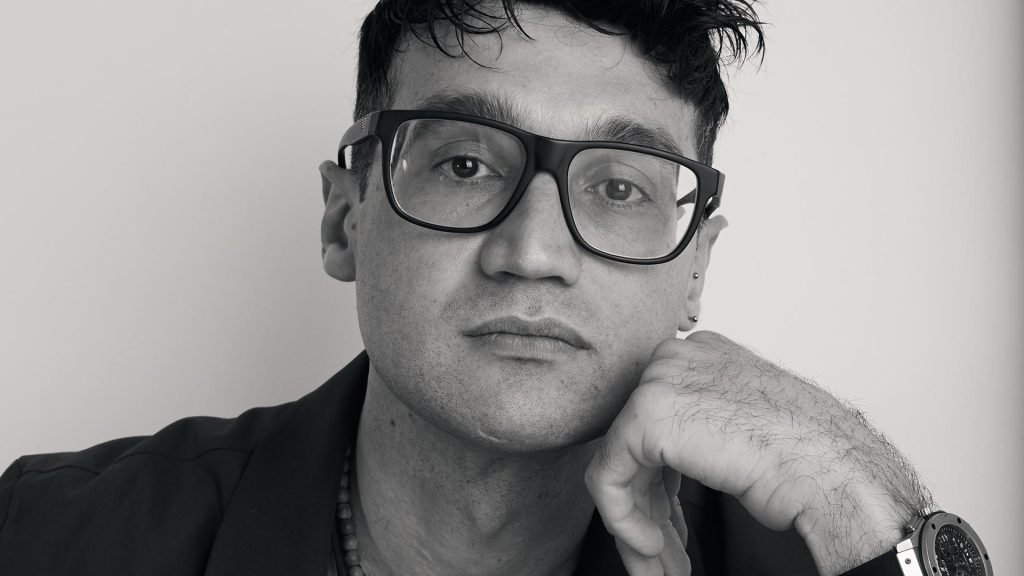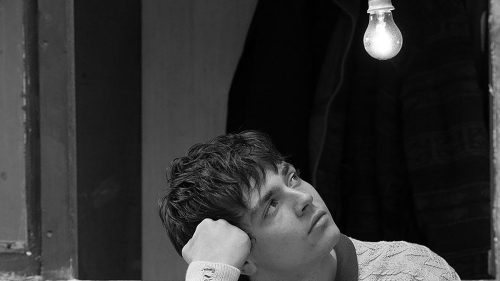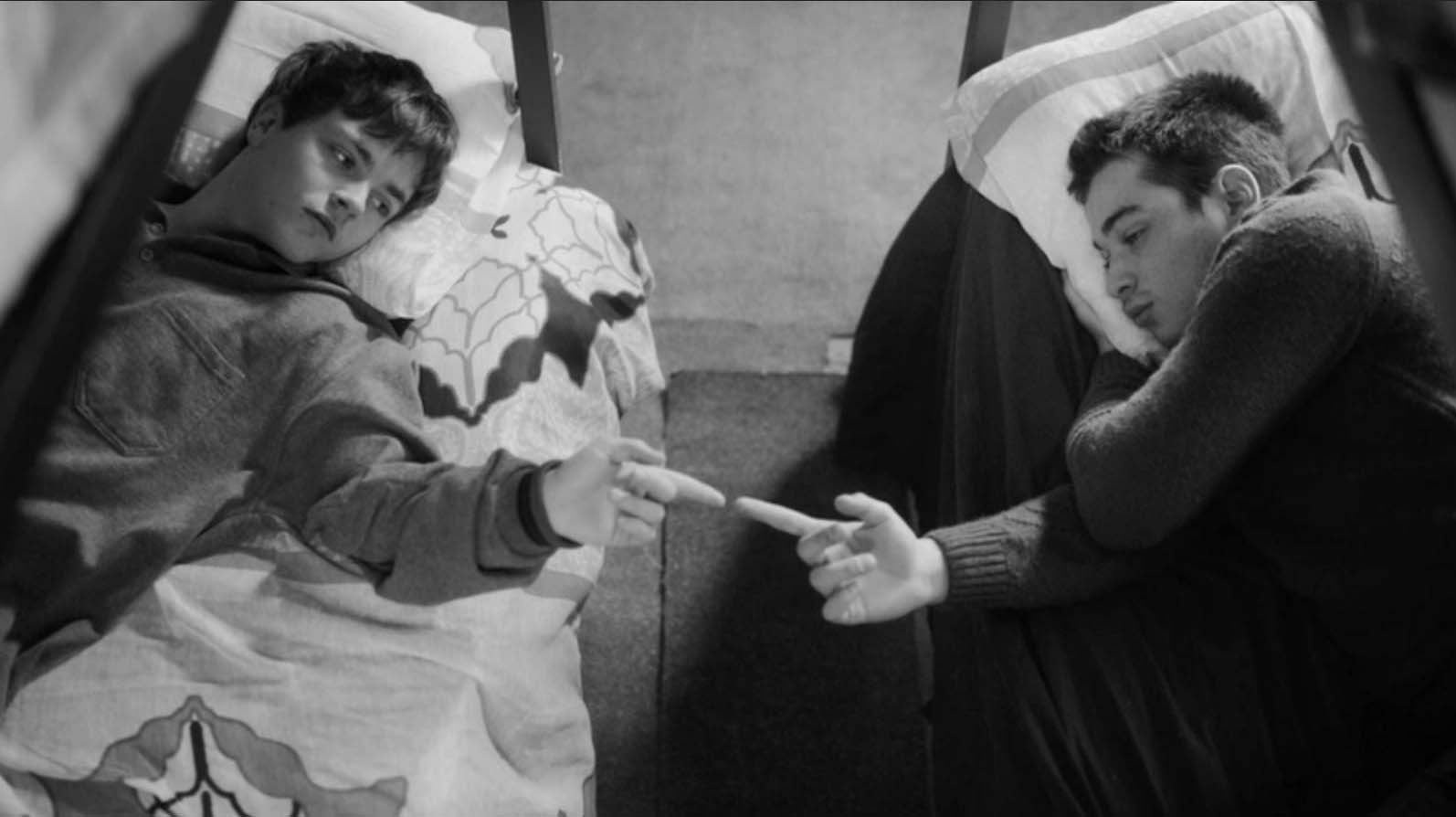
Turkish filmmaker Nehir Tuna made seven award-winning short movies that combine social commentary with original visual aesthetics to show the current complex issues faced by his country. Yurt (Dormitory) is an autobiographical coming-of-age that marks Nehir Tuna’s directorial debut in feature films.
The two schools – outside and inside the dormitory – represent two opposing realities. What do they symbolize?
One school belongs to the secular side, while the other is on the religious side. Both represent the systems that are competing for the hearts and minds of young people on different levels, each with its own agenda. Ahmet finds himself caught in between the two worlds. What I found interesting was this ongoing ideological battle that continues to shape lives, as both systems vie for influence. These two different institutions reflect the modern struggle in Turkey and are what make the story compelling to me.
There are three prominent types of relationships in the film: Ahmet’s relationship with his mother, his relationship with his father, and his friendship with Hakan…
Ahmet’s mother is portrayed as a loving character who finds herself caught between her husband and her son while also adapting to their new living situation. She serves as the intermediary in the family, maintaining a delicate balance. Ahmet’s father is the one that makes the decision for Ahmet to go to the dormitory. He always tries to be friendly to his son but also employs some manipulative tactics to achieve his goals. With Hakan, it seems there are no conditions for his friendship. He accepts Ahmet for who he is until the very end, and this teaches Ahmet that he doesn’t need to become someone else to be loved, while it seems like everyone around him is constantly demanding changes, whether it’s to be secular for the girl he falls in love with or religious for his father’s perspective.

In 1990s Turkey, the political polarization of society becomes increasingly evident, and tensions between secularists and Muslims intensify. Devout believers are ostracized, and religious dormitories (yurts) are regularly threatened by protests. Fourteen-year-old Ahme...
Could you explain the use of black and white vs colour?
It serves as a symbolic representation of life and the complexities of human relationships. Black and white cinematography depicts a world where people often perceive life in binary terms, believing that there are no nuances or shades of gray, only absolutes. It reflects a mindset where individuals are categorized as either good or bad, with no room for in-between. In this symbolic representation, black represents this filtered, model world where everything is simplified and rigid, while white represents an afterlife or eternity, emphasizing the idea of absolutes and finality. By introducing color, the film suggests that there are indeed nuances and shades of gray in life. It conveys the idea that there are complexities and subtleties to be explored. For example, the father, who may initially appear as a villain from one perspective, is shown to have his own motivations and believes he is doing what’s right, even if it contradicts Ahmet’s viewpoint. The film’s approach is not to create a dramatic narrative by antagonizing one side but rather to explore the delicate balances in human relationships and to encourage viewers to consider different perspectives.
Do you think Ahmet’s final choice is a good one?
It’s not about him definitively choosing one side. Along the way, he comes to understand that both sides are systems, and these systems will always be there. Ahmet is adaptable to different situations; he’s a studious and hardworking boy. At the end, he adapts to the dormitory environment, but this time, we know he won’t be affected by indoctrination or any ideology. It’s as if he becomes immune to it, and in a way, he subverts the system. So, in the end, he transforms into something of his own, liberated from the constraints of both systems. It’s a way of saying, “You can have my body, but you can’t have my soul.”

Does the film offer insights into understanding contemporary Turkey?
That era was important for Turkey’s recent political history. There was a lot of tension from the secular side on religious people. It was a historic power struggle between two sides. Because of the incredible weight of that pressure at that time, five years later in 2002, it helped shift public’s mind for the benefit of Erdoğan who became to power. That era was the catalyst in his victory in 2002.
Which part of the film is autobiographical?
The film revolves around my own experiences. The starting point of the film, where Ahmet is placed in a dormitory by his father, closely mirrors my own life. My father made a similar decision in my upbringing, and it profoundly influenced the person I am today. The film explores the lessons and values he imparted on me, shaping my identity. I am deeply appreciative of the wisdom he shared, and he also supported my artistic aspirations. He didn’t pressure me into traditional career paths, and this support has had a lasting impact on my life. Furthermore, there’s a point where my father came to understand that he may have made a mistake or gone too far in his decisions. In a sense, he unintentionally caused me some emotional trauma but also played a role in helping me resolve it. Despite the challenges, we maintain a strong and positive relationship.
We don’t want to reveal too much, but there are at least two surprises in the soundtrack that will delight the Italian audience…
I have a deep appreciation for Italian music, especially the music from the 1970s. It has had a significant influence on me, as have Italian films and cuisine. The Mediterranean countries, including Italy, hold a special place in my heart due to their unique cultural proximity. Italy, in particular, is very close and dear to us, and we see many cultural similarities. I have always wanted to incorporate these songs into my work. Now, I’ve found the perfect context to include them in the soundtrack, and it means a lot to me to have done so.